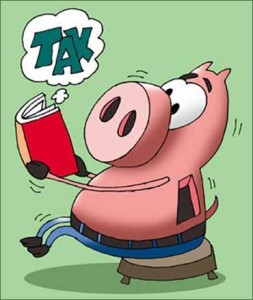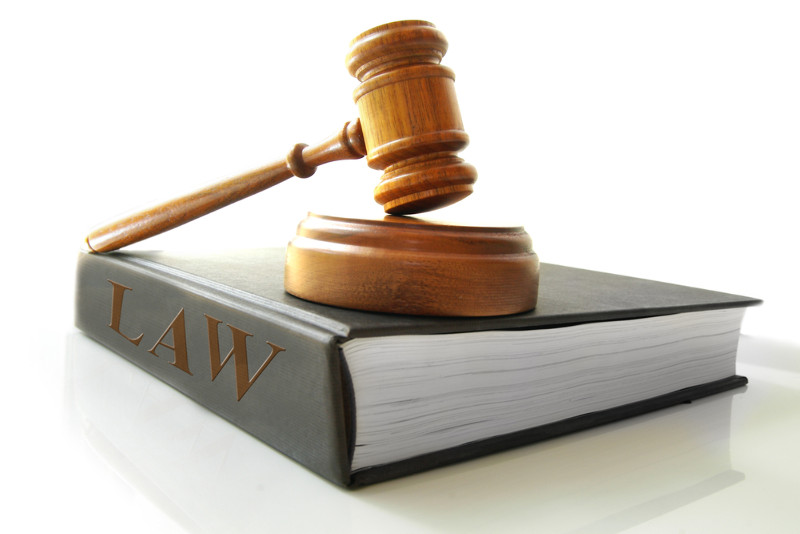Running a business from home? How to minimise your tax liability
 A study by the FSB has reported that many UK small business owners are struggling to manage their accounts properly. On average, 12 working days are lost each year to the accounting process and the total cost to small businesses for tax administration is around £500 million a year.
A study by the FSB has reported that many UK small business owners are struggling to manage their accounts properly. On average, 12 working days are lost each year to the accounting process and the total cost to small businesses for tax administration is around £500 million a year.
Around 50 per cent of all small businesses spend around two to eight hours each month understanding, calculating and completing tax forms. On top of this, 11 per cent of businesses spend between two and six days every month on financial administration.
For small businesses, good tax management can make or break the company. Having a thorough understanding of the savings that can be made on income tax is vital for businesses, but this can be very time consuming. In addition to a personal allowance, which should be fully utilised to reduce a tax bill, companies can also make further tax reductions through various tax allowable expenses.
Tax allowable expenses
Capital allowances refer to the tax relief on certain items that are vital for business. Such items include cars, computers and machinery. There is a limit to how much each person can claim in a year, which is called the capital allowance or annual investment allowance. The current annual investment allowance is £250,000. Businesses cannot claim tax relief on the whole cost, but instead annual allowances are written down by claiming a percentage of the total cost each year following the initial purchase.
Tax deductions can be made against the cost of running a car for business. It is important to keep an accurate record of business car use, as private car use is not tax deductible. The easiest way to manage this is to just claim on the fuel used in travelling on business and use a business card to purchase the fuel. Total mileage is used to calculate the allowance, so also keep a record of how many miles are travelled on business, and how many for private use.
Record keeping
Good record keeping is vital for all businesses. Without proof of every purchase and sale a company cannot provide proof of their tax liability. Although self-assessment means that most of the time a small home based business will not need to provide documentary evidence, sometimes HMRC do carry out inspections on small businesses.
Companies should keep expenditure receipts, at least all that are included in the tax calculation. If driving allowance is being claimed fuel receipts are the best evidence that the car is being used for business.
Where to get information
The best source of advice is the HMRC website. Tax rules and allowances change often and privately run websites sometimes display out-of-date information. If you prefer to have printed information, leaflets and advice can be found at your local Citizens Advice Bureau. Many larger libraries also have a business section and stock leaflets and other information to assist small business owners.
Employing a qualified accountant or a tax specialist
Hiring a tax specialist can have many benefits although the main objective is to reduce the size of the tax liability. HMRC adjust the tax rules every year and it is very difficult for entrepreneurs to keep up to date with these changes while also devoting sufficient time to running the business. A good accountant is a wise investment and the savings made in taxation and other financial dealings might well recoup the professional fees payable.
Self-assessment tax returns
Sole traders who are trading under their own name can submit an annual self-assessment. This can be submitted online or in paper form. Online is easier and has a later deadline, so is the preferred option. For those with a simple business structure this is a quick and easy process. However, for more complex businesses professional assistance may still be required.
Umbrella companies
Due to the growing complexity of financial administration and taxation many small businesses and sole traders are using the services of umbrella companies to manage their finances. An umbrella company acts as a parent company for a sole trader or small business. This means that the umbrella company manages all the paperwork and files tax returns for their client. The client is paid a monthly salary via a PAYE system.
The biggest advantage for sole traders is that they can focus on their core business rather than wasting hours every week with administration. Savings are also made through improved tax avoidance. Umbrella companies are managed by skilled accountants and tax specialists who make every tax deduction that is possible for their clients.














